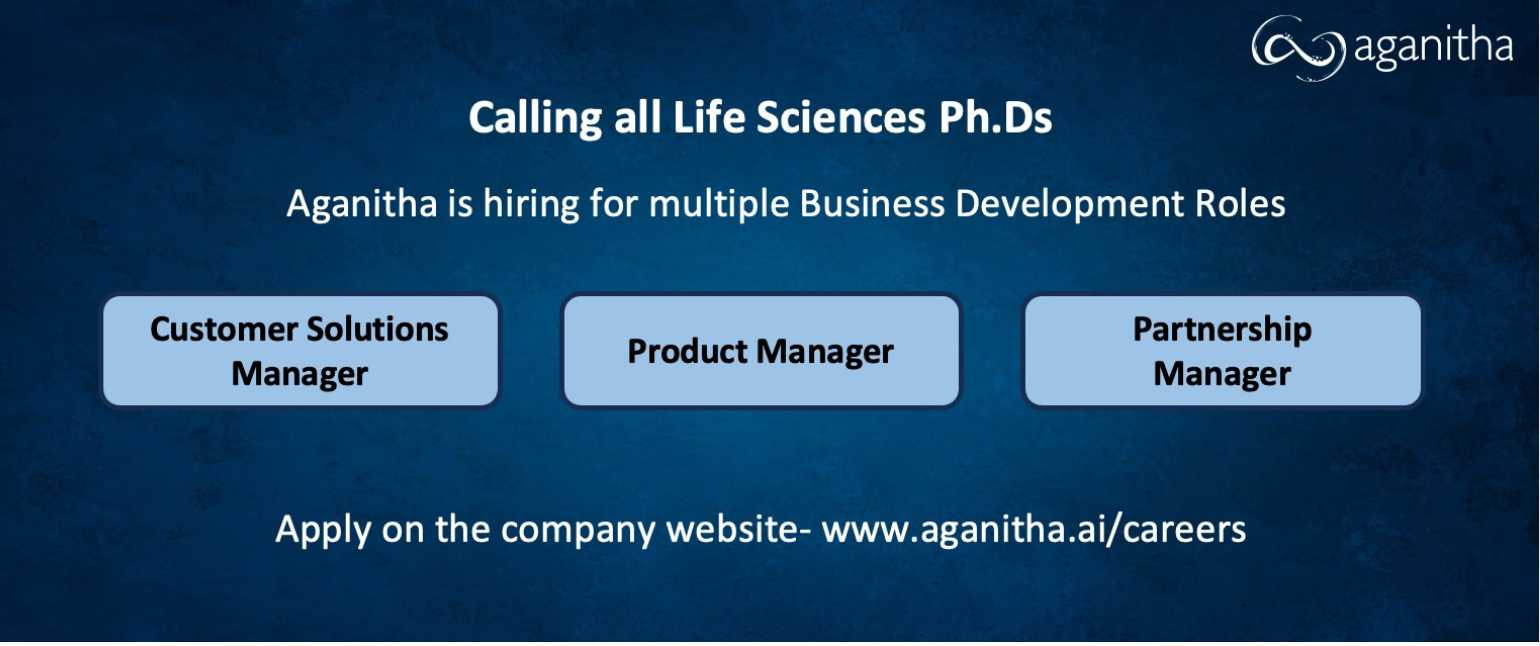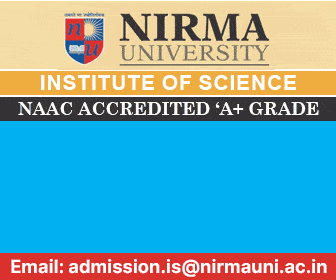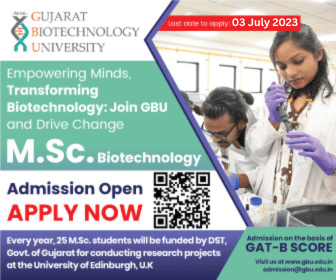TIGS SRF Job Opening For MSc Candidates, Apply Now
TIGS SRF Job Opening For MSc Candidates, Apply Now. MSc Plant Sciences, Plant Biotechnology, Genetics and Plant Breeding Candidates Apply. Interested and eligible applicants can check out all of the details on the same below
Possible Interview Questions are posted below
This job expires in
Senior Research Fellow (SRF) – funded by DBT (Job Code – 16)
(All applicants must list Job code number in their application to be considered)
TIGS is a program driven research institute with a focus on solving pressing societal challenges. We are seeking applications from enthusiastic candidate to join as Senior Research Fellow in DBT funded project to work on genome editing of crop plants.
Website: www.tigs.res.in
Number of positions: 01
Duration: Initially for one year.
How to Apply
If you are interested in applying for the above research position, please submit Cover letter with CV, list of publications if any and with email, phone number and contact details of 2 referees at [email protected].
Applicants must list Job no JC – 16 in their application to be considered.
Application Deadline: July 02, 2023
Roles and Responsibilities:
The selected candidate is required to develop tissue culture and transformation protocols and genome editing tools for developing improved crop varieties. The selected candidate is also expected to take part in ongoing tissue culture experiments, vector construction, molecular and phenotypic evaluation of genome edited lines.
Essential Qualifications/Requirements
- M.Sc., in Plant Sciences, Plant Biotechnology, Genetics and Plant Breeding or related discipline
- NET/GATE qualification and 2 years of research experience.
- Preference will be given to the candidate with relevant research experience.
Check the notification below
Possible Interview Questions:
- Can you describe your experience and expertise in tissue culture and transformation protocols for crop plants? Answer: I have extensive experience in developing tissue culture and transformation protocols for crop plants. I have worked on various techniques such as callus induction, somatic embryogenesis, and Agrobacterium-mediated transformation. I am proficient in optimizing growth media, hormone concentrations, and other factors to achieve successful transformation and regeneration of transgenic plants.
- Have you worked on genome editing tools for crop plants? If so, can you provide details about the specific techniques or tools you have utilized? Answer: Yes, I have worked on genome editing tools for crop plants. I have used techniques such as CRISPR/Cas9, TALENs, or ZFNs to introduce targeted modifications in plant genomes. I am familiar with designing and constructing the editing vectors, optimizing delivery methods, and performing molecular characterization of edited plants using techniques like PCR, sequencing, and genotyping.
- How have you been involved in tissue culture experiments and vector construction in your previous research? Answer: In my previous research, I actively participated in tissue culture experiments by preparing explants, initiating callus cultures, and optimizing culture conditions for efficient regeneration. I have also been involved in vector construction, where I designed and assembled the necessary DNA fragments, performed cloning techniques, and verified the integrity of the constructed vectors through restriction analysis and sequencing.
- Can you explain your experience with molecular and phenotypic evaluation of genome-edited lines in crop plants? Answer: I have experience in molecular and phenotypic evaluation of genome-edited lines in crop plants. I have conducted PCR-based screening to confirm the presence of the desired genetic modifications in edited plants. Additionally, I have performed molecular characterization using techniques like Southern blotting or qPCR to assess the stability and inheritance of the edits. Furthermore, I have evaluated the phenotypic changes in edited plants through various parameters such as growth analysis, yield measurements, and morphological observations.
- How do you stay updated with the latest advancements and research in plant sciences, plant biotechnology, and genetics? Can you provide examples of how you have applied this knowledge to your research? Answer: To stay updated with the latest advancements and research in my field, I regularly read scientific journals, attend conferences, and participate in relevant workshops. I also engage in discussions with colleagues and collaborate with researchers working on related topics. This continuous learning allows me to incorporate new techniques and methodologies into my research. For example, I have implemented CRISPR/Cas9 technology in my recent projects after staying updated with its breakthroughs and successful applications in plant genome editing.
Editor’s Note: TIGS SRF Job Opening For MSc Candidates, Apply Now. Please ensure you are subscribed to the Biotecnika Times Newsletter and our YouTube channel to be notified of the latest industry news. Follow us on social media like Twitter, Telegram, Facebook




































